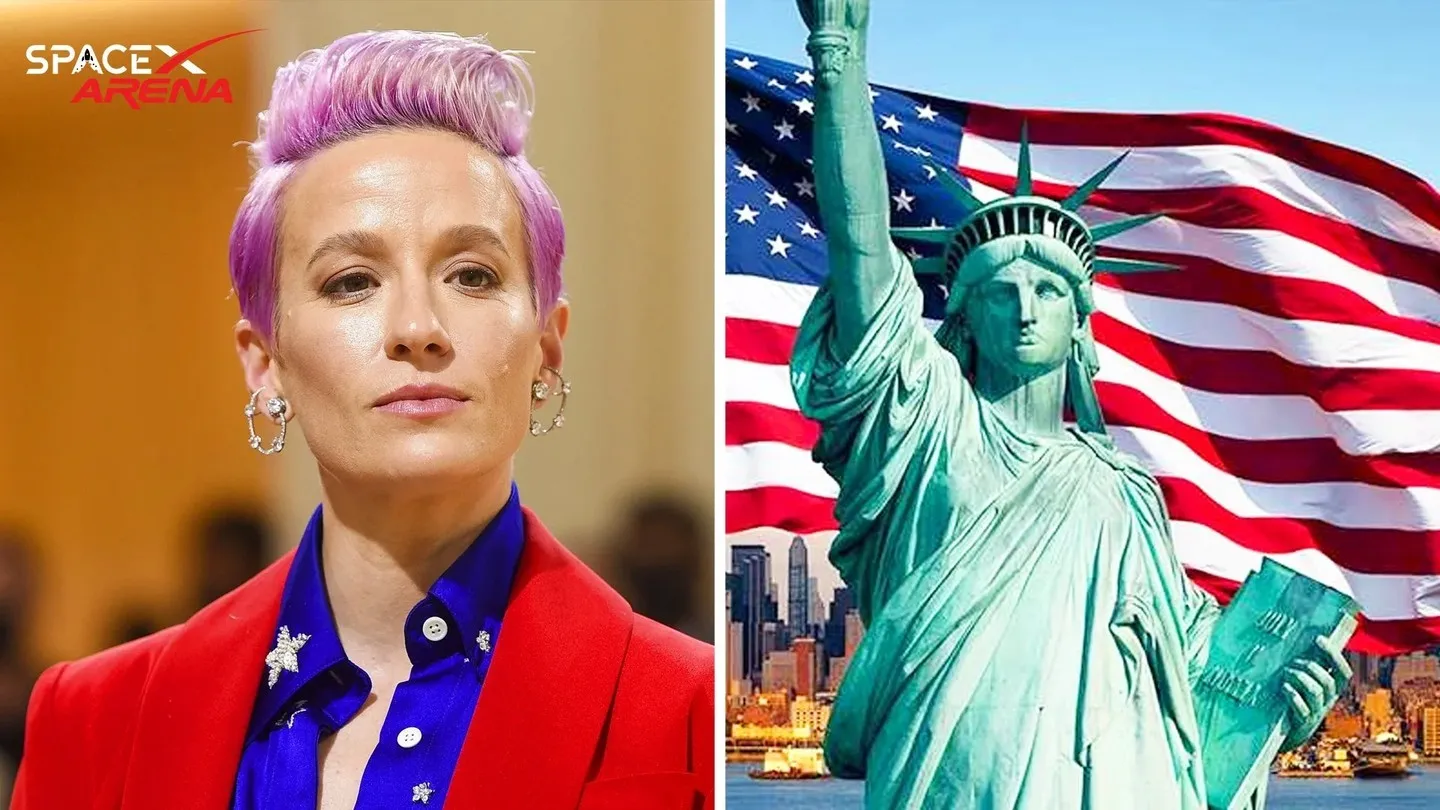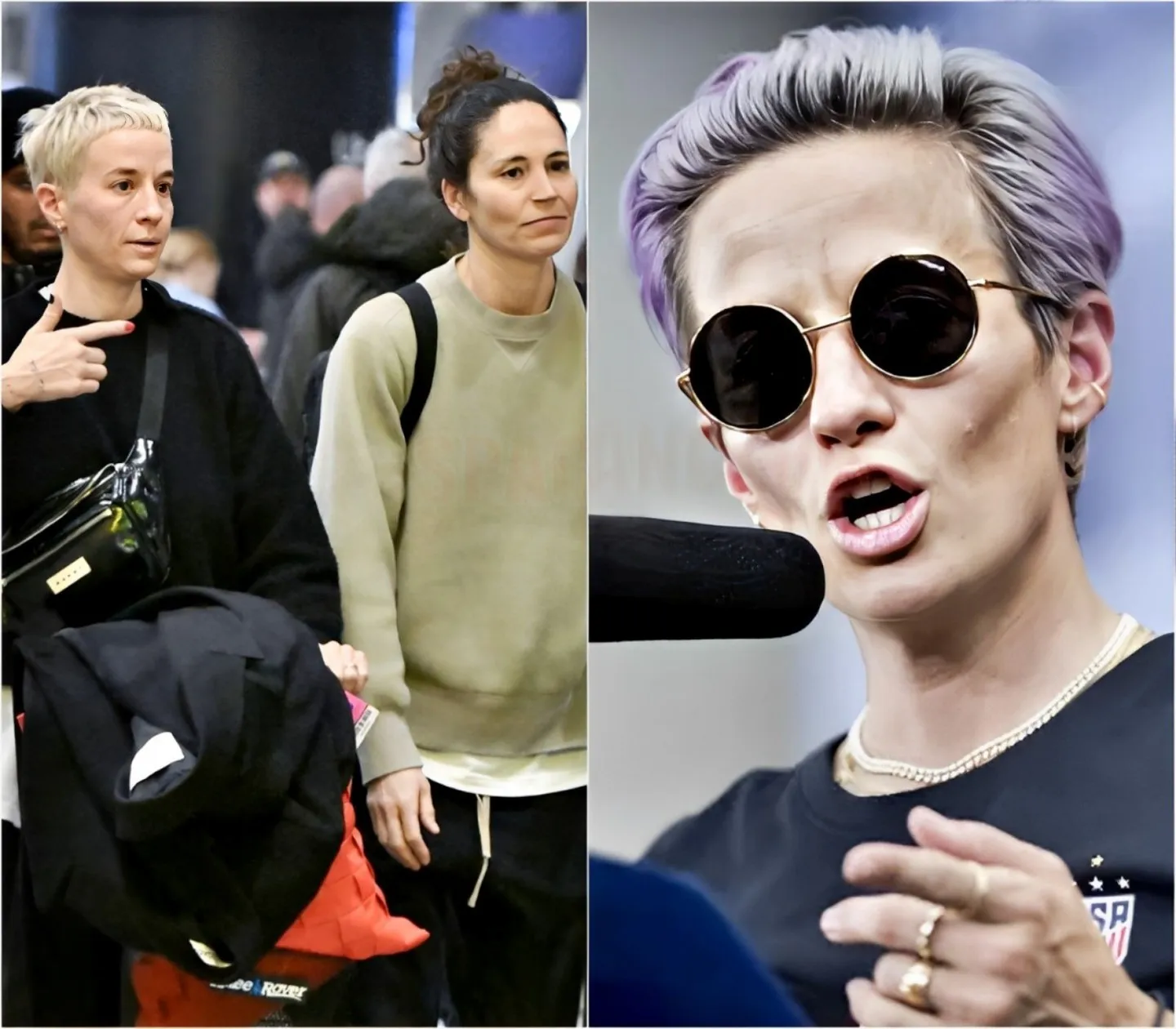Recently, singer Kid Rock made headlines when he made a striking statement against Megan Rapinoe, the famous American football player and civil rights activist. In a statement that sparked strong reactions, he declared: “Don’t pretend to represent America if you deny it!” This statement, both direct and provocative, highlights the growing tensions within American culture regarding national identity and patriotism.

Kid Rock, known for his outspoken and often controversial views, has always been a strong advocate for what he considers to be true American values. His criticism of Rapinoe comes amid a growing debate over patriotism and political expression. Megan Rapinoe, as a sports icon, has used her platform to speak out on social issues, including addressing racial inequality and advocating for women’s rights.

The disagreement between Kid Rock and Megan Rapinoe is not just a personal feud; it symbolizes a larger clash between two visions of America. On one side, Kid Rock represents a perspective that values traditional patriotism, while on the other, Rapinoe embodies a more progressive approach, seeking to challenge existing injustices. This contrast in viewpoints reflects current debates in American society, where opinions about what it means to be a “real” American vary widely.

Reactions to the statement have been mixed. Some support Kid Rock, arguing that it is important to uphold a unified and patriotic vision of America, while others see Rapinoe as a vital voice for social justice and equality. This debate is not just about these two figures, but also touches on fundamental questions about free speech and the role of celebrities in public discourse.
Kid Rock’s statement also has implications for the world of sports. Athletes, as public figures, often have a significant impact on public opinion and perceptions of social issues. Megan Rapinoe’s actions have managed to mobilize many supporters around her causes, but she has also drawn harsh criticism from those who believe she is damaging America’s image. This dichotomy between support and criticism highlights the challenges athletes face when they choose to engage politically.
Ultimately, Kid Rock’s statement about Megan Rapinoe raises critical questions about American identity and the place of divergent opinions in the cultural landscape. In a country as diverse as the United States, it is essential to recognize that dialogue around these issues, even if sometimes divisive, is an integral part of democracy. Through these conversations, society can hope to move toward a deeper and more nuanced understanding of what it means to be American.